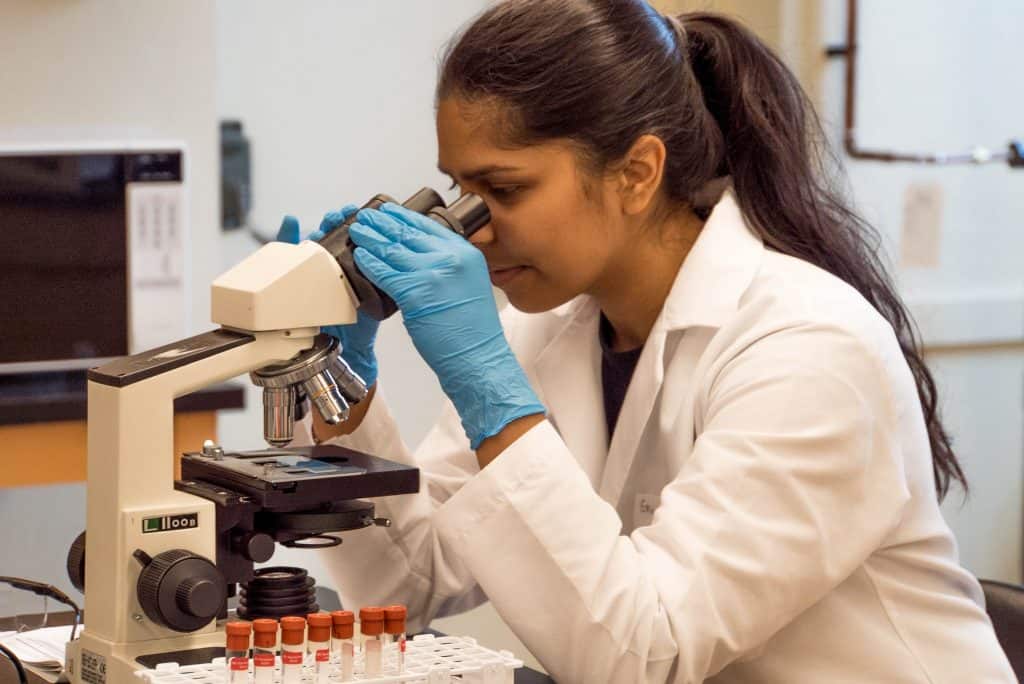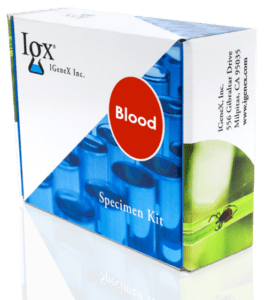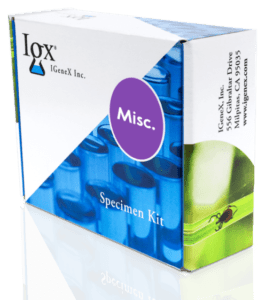Diagnosing and treating a tick-borne disease can be highly complex. Having a doctor who is trained and experienced in caring for patients with these illnesses can help ensure that you achieve the best possible health outcome. Luckily, there is a growing number of Lyme disease experts who can provide diagnostic testing and proper treatment for Lyme and other tick-borne diseases.
However, where do you start? What do you look for in a doctor? What specialist treats Lyme disease and other tick-borne diseases? What questions should you ask? The following article provides some useful suggestions to help you answer these and other questions so you can find and connect to the right doctor for your needs.
Tips for Finding a Doctor for Your Tick-Borne Disease
1. Identify doctors trained in the diagnosis and treatment of tick-borne diseases.
You can access a variety of online resources and directories to locate doctors who are specifically trained in identifying and treating tick-borne illnesses. These do not have to be infectious disease specialists – they can be physicians from any practice area who simply have extensive experience with tick-borne diseases.
It is particularly important to find a Lyme expert if you suspect that you may have Lyme disease, since it is the most frequently misdiagnosed of all tick-borne diseases. Finding a Lyme-literate medical doctor (LLMD)—a physician who is familiar with the vast range of symptoms that may indicate infection at various stages of the disease, as well as potential coinfections and other complexities—can help ensure that you get the right treatment, right away.
To find a doctor who is also a Lyme expert, you may want to explore the following resources:
- International Lyme And Associated Diseases Society (ILADS) – Doctor Search
- LymeDisease.org – Find Lyme-Literate Doctors
- Global Lyme Alliance – Find a Lyme-Literate Medical Professional
- Lyme Disease Foundation – Doctor Referral
Note: Some of these organizations may require you to submit a form or create a login to access their databases.

2. Do your research and get referrals.
You can learn a lot just by researching doctors and reading patient reviews online. You can also connect with other patients through local and online support groups for various tick-borne diseases. Asking other patients to recommend or share their own experiences with different doctors can be particularly helpful when you’re trying to locate and learn about physicians who specialize in various tick-borne illnesses.
The following sites can connect you to online support-group forums or help you identify different tick-borne support groups in the United States:
- Lyme Disease Foundation – Find State Support Groups
- Lyme Disease Foundation – Support Groups
- Daily Strength – Rocky Mountain Spotted Fever Support Group
- What is Lyme Disease – Website and Support Groups by State
3. Call ahead and ask questions.
Even if you find a doctor who specializes in treating tick-borne diseases, you will want to ask some questions before making an appointment and committing your time and money. A few basic questions to consider asking upfront include the following:
- What is your experience in treating patients with tick-borne diseases?
- How do you diagnose diseases? Do you use any specific labs or lab tests to confirm diagnosis?
- Do you test for coinfections?
- Do you use traditional antibiotics and/or herbals?
- Do you have any patient success stories you can share?
- Do you strictly adhere to CDC test interpretation criteria or are you open to alternative criteria?
If you’d like to find a LLMD and want to know more about how to vet them, read the Tick Talk blog, What Makes a Doctor Lyme Literate?
4. Be prepared for your doctor visit.
You can improve your chances of having an accurate diagnosis and effective treatment by providing your doctor with as much information as you can from the very start. The following checklist can be a good reminder of what to bring and discuss with your physician at your first visit:
- Have the tick tested and/or identified: If you were able to remove or find the tick that bit you, seal it in a glass or plastic container and consider sending it to IGeneX for testing. Additionally, photograph the tick and/or have the species identified ahead of time if possible. Knowing what kind of tick bit you and, in particular, whether it has tested positive for a tick-borne disease can be extremely helpful for your doctor’s diagnostic process. If the tick is still being tested when you see your doctor, you still may be able to start treatment based on the severity of your symptoms.
- Note possible exposure: Write down the places and dates that you believe you were exposed to ticks—and the possible date and time of day when the engorged tick attached and fell off or was removed.
- Track your symptoms: Keep a running log of all symptoms you’ve noticed since the tick bite, even if you’re no longer experiencing them. Be sure to include the days/times when symptoms appeared (and disappeared). For additional help, you can use IGeneX’s Symptom Checker.
- Take pictures: Take pictures of any rashes or blisters that you may have noticed at the site of the tick bite or elsewhere on your body.
How to Approach Your Non-LLMD Doctor
For various reasons, you may choose to consult with a doctor who doesn’t specialize in Lyme disease or other tick-borne diseases.
If so, be sure to be as proactive as possible in providing information that could help in diagnosing your disease, and always feel free to share resources that you find in your own research to prompt discussions about any aspect of your diagnosis or treatment, including more advanced testing options.
If your doctor does not believe Lyme disease exists, reach out to another doctor for a second opinion.


Treatment Starts with Accurate Diagnosis
The only way to get the proper treatment for your tick-borne disease is to get the right diagnosis in the first place – and one of the best ways to do that is, if possible, to see a physician who’s experienced with tick-borne diseases. Accurate diagnosis also requires high quality testing at a reputable lab. Learn more about why doctors and patients trust the tests offered by IGeneX.








